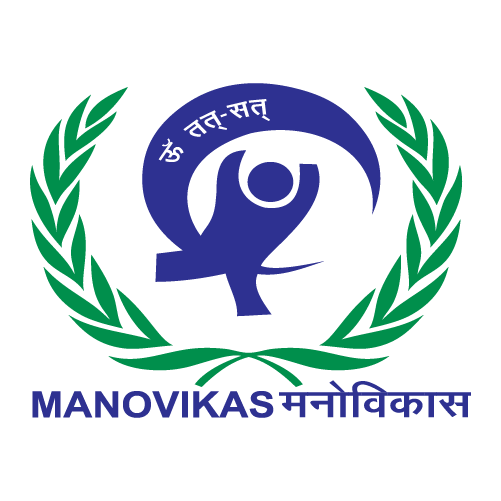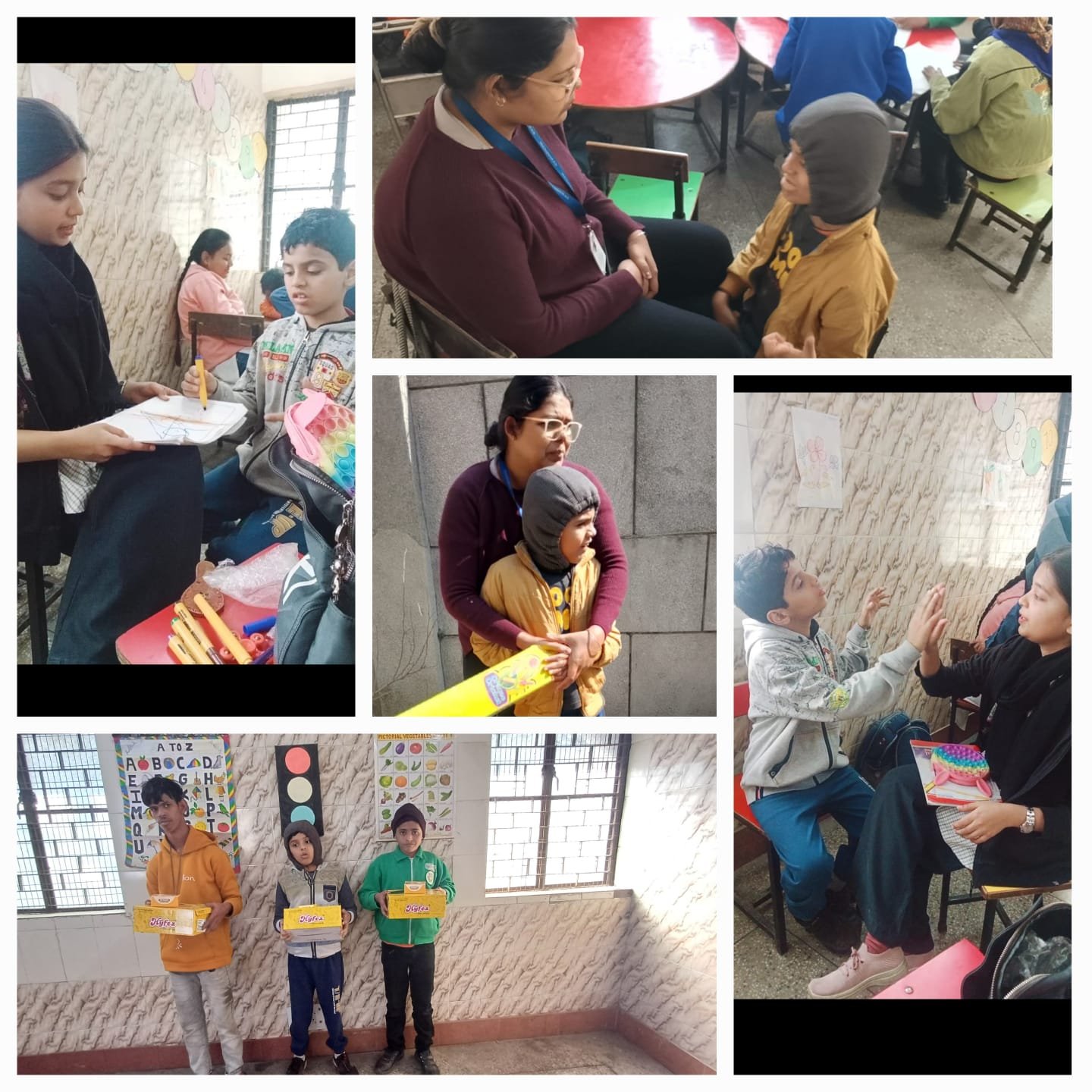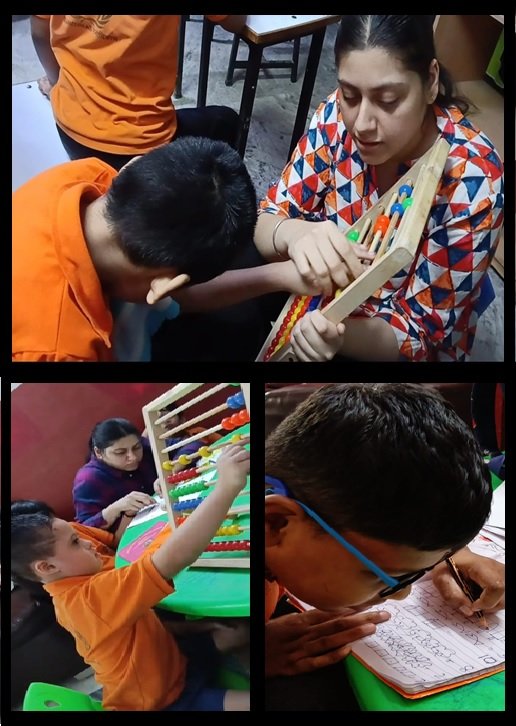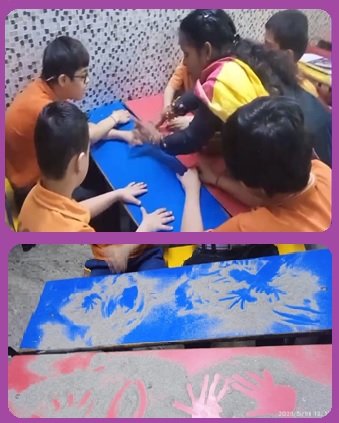Holistic Care: Residential and Respite Services with Community and Parental Engagement for intellectual and developmental disabilities (IDD)
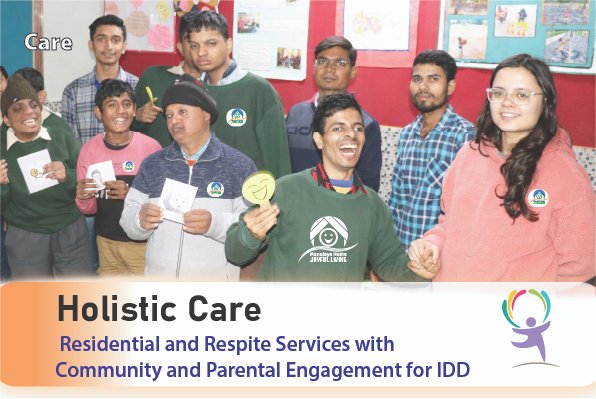
Introduction
- Current Situation:
- India has approximately 26.8 million people with disabilities, around 2-3% of individuals having intellectual and developmental disabilities (IDD).
- There is a critical shortage of formal residential and respite care services for individuals with IDD in India.
- Families often rely solely on informal care, leading to significant stress and burnout among caregivers.
Reasons for the Need for Residential and Respite Care:
- Caregiver Stress and Burnout: Caregivers face immense physical, emotional, and financial stress, impacting the overall well-being of both the family and the individual with IDD.
(Ref. RPD ACT 2016, Section 5 Community Life;
Section- 6, Protection from cruelty and inhuman Treatment;
Section – 7, Protection from Abuse, violence and Exploitation; Section- 8, Protection and Safety; and
Section – 9, Home and Family)
2. Lack of Specialised Support: Many individuals with severe IDD (Section 38 of the RPD Act, Special provisions for persons with high support needs) require specialised care beyond the capacity of untrained family members. Residential facilities can provide structured environments with professional support, enhancing their quality of life.
3. Need for Social Integration: Residential and respite care facilities offer opportunities for social interaction, skill development, and community participation, which are crucial for the holistic development of individuals with IDD.
(Ref. Chapter V of the RPD Act 2016– Social Security, Health, Rehabilitation and Recreation)
4. Emergency Situations: When the primary caregiver falls ill or faces an emergency, respite care services provide a temporary solution, ensuring continuous care for individuals with IDD.
Support Needed to Establish Residential and Respite Care Services
- Government Support:
- Policy and Funding: Develop policies and allocate funding for establishing and maintaining residential and respite care facilities. Provide incentives such as tax breaks, grants, and subsidies to private entities and NGOs to invest in and run these facilities.
- Community and NGO Involvement:
- Partnerships: Foster partnerships with community organisations, NGOs, and international bodies experienced in providing care for individuals with IDD. These partnerships can bring in best practices and additional resources.
- Professional Training Programs:
- Capacity Building: Invest in training programs for caregivers, healthcare providers, and educators to ensure a skilled workforce capable of providing high-quality care to individuals with IDD.
- Public Awareness and Advocacy:
- Campaigns: Conduct public awareness campaigns to educate society about IDD, reduce stigma, and garner public support for inclusive and supportive care services.
- Research and Development:
- Pilot Programs and Case Studies: Implement pilot programs to test and refine the residential and respite care model. Collect data on outcomes and best practices to inform more comprehensive implementation and continuous improvement.
Call to Action
- Immediate Steps:
- Develop and implement a national/state policy supporting residential and respite care for IDD.
- Initiate pilot programs in diverse regions to test innovative care models.
- Launch public awareness campaigns to foster a supportive and inclusive society.
- Long-Term Goals:
- Establish a robust network of residential and respite care facilities across India.
- Ensure continuous professional development for caregivers and healthcare providers.
- Position India as a global leader in inclusive care and support for individuals with IDD.
Conclusion
By addressing these critical areas, the government can significantly improve the support system for individuals with IDD and their families, promoting inclusion and enhancing the quality of life for one of the most marginalised populations in India. This initiative will not only provide much-needed relief to caregivers but also ensure that individuals with IDD receive the specialised care and opportunities they deserve.
References:
- Census of India 2011
- RPwD Act 2016
- National Institute for the Empowerment of Persons with Intellectual Disabilities (NIEPID)
- Rehabilitation Council of India (RCI)
- UNICEF India
- Ministry of Social Justice and Empowerment, Government of India
- International Disability Alliance (IDA)
